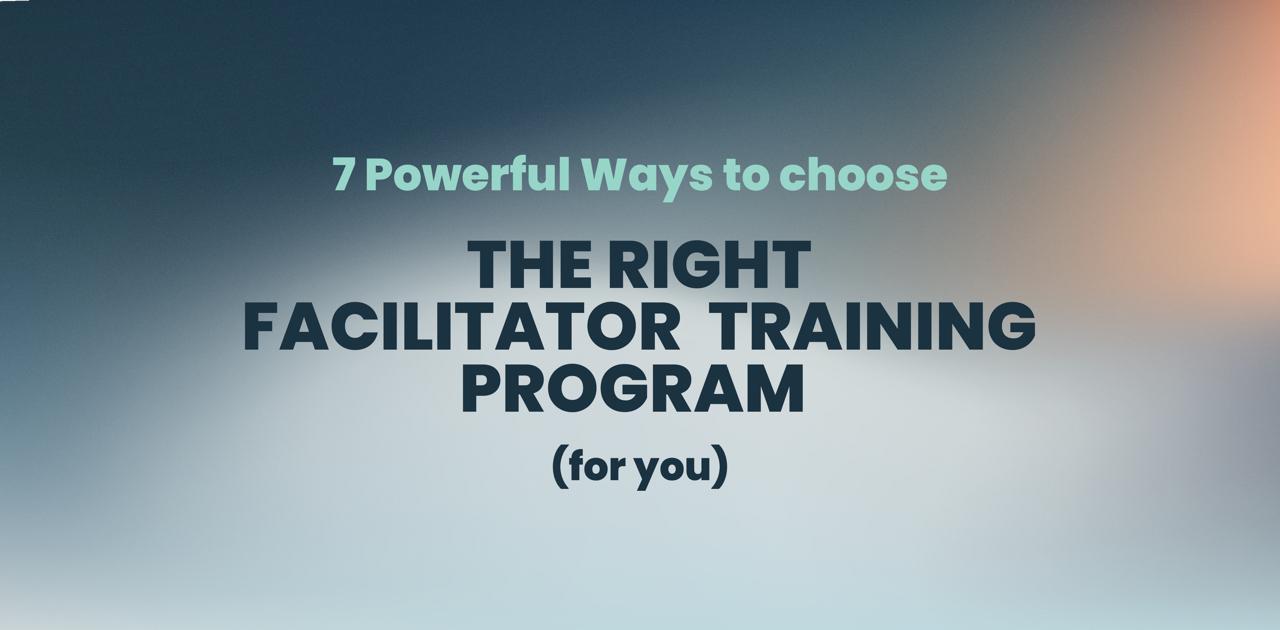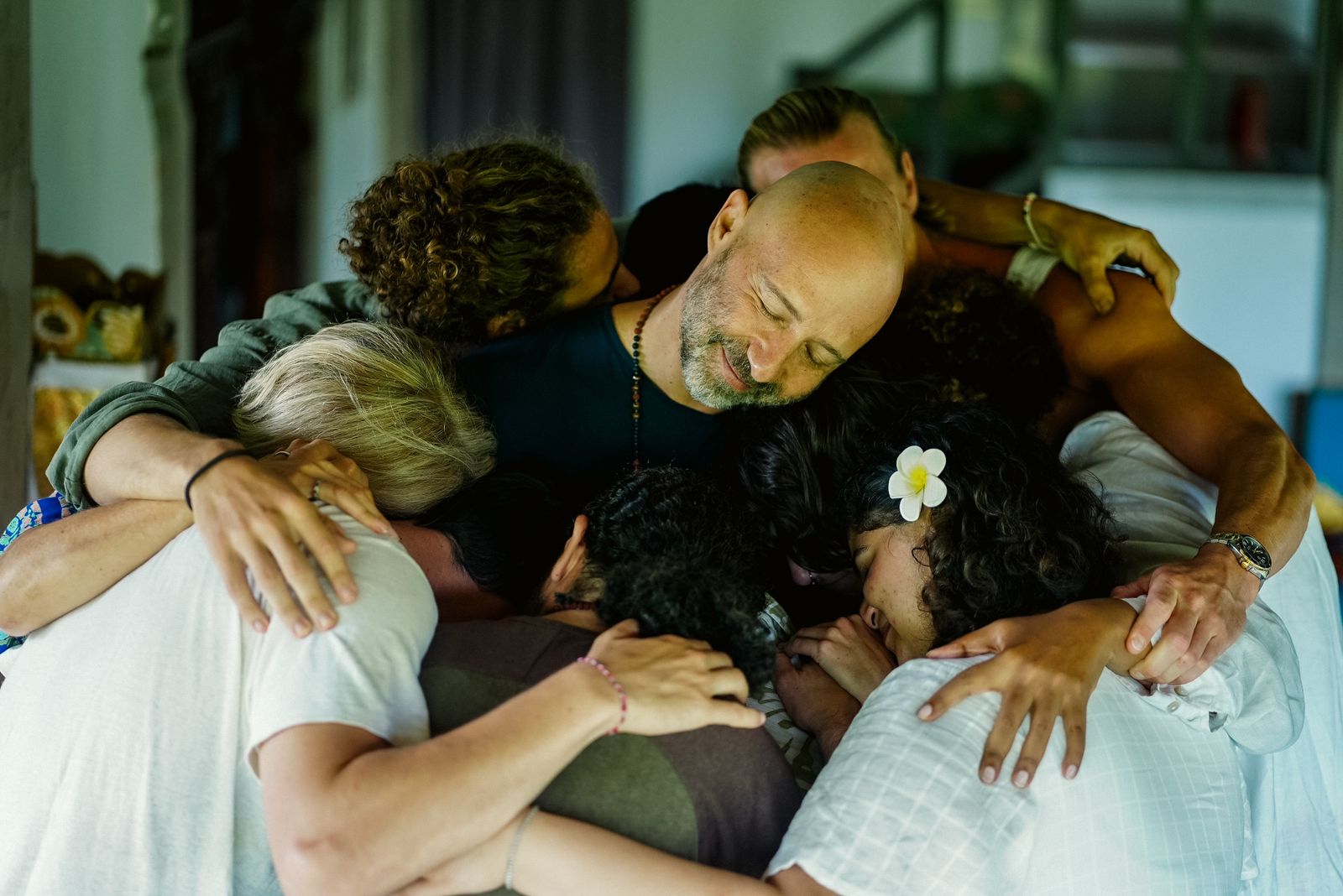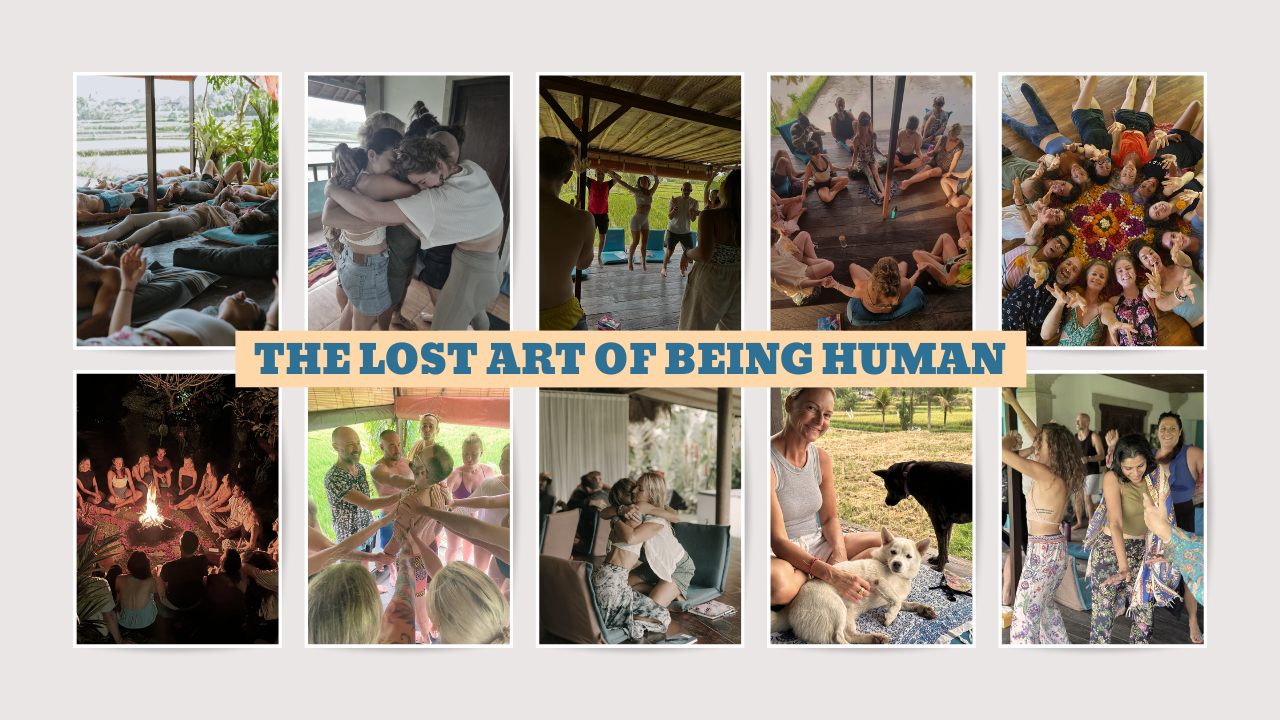Becoming a facilitator is a beautiful journey—one that involves cultivating presence, deep listening, skill with group dynamics, emotional intelligence, and strong practical tools. Choosing the right training program matters, because what you learn, who you learn it from, and how you’re supported will shape how you show up.

A note from me:
I do offer my own Facilitator Training program. But this article isn’t a sales pitch — it’s the kind of honest guide I wish I’d read before joining any program myself. I want you to choose a training that feels deeply right for you. If that’s mine, wonderful; if not, that’s equally wonderful.
My commitment goes beyond my own course: I’m devoted to supporting anyone who feels called to become a Breathwork facilitator, no matter who they learn from. This work is so important — and so needed — right now more than ever. If you’re not aligned with me, I’ll gladly help you explore other programs or point you toward resources that might be a better fit. The point is not to fill seats — the point is for you to find the path that truly serves you and allows this vital work to ripple out into the world.

Below are key criteria, questions to ask, red flags, and practical tips to help you choose a program that supports your growth, aligns with your values, and gives you what you need.
1. Feel the Alignment with the Lead Trainer / Lead Trainer Team
- Why this is foundational: The lead trainer(s) will likely be your guide, mentor, model—sometimes for many months, years. If their style, values, way of teaching, and way of being do not resonate with you, you may feel disoriented, or find it difficult to integrate what you’re learning.
- What to do:
- Spend time listening to the lead trainer: podcasts, free talks or webinars, YouTube videos, interviews. See if something clicks.
- Notice how you feel—not just intellectually, but bodily. Do you feel ease or tension? Trust or resistance? Joy or heaviness?
- Check their background and how they show up in public spaces: authenticity, humility, transparency.

2. Listen with Your Body, Not Just Your Mind
Sometimes programs look shiny on paper, with lots of promises, scarcity marketing, big testimonials. Your mind may feel excited. But your body (intuition) might whisper doubts—say nervousness, resistance, hesitation. That’s valuable information.
- Watch out for manipulation / scarcity tactics:
- “Only a few spots left” used too often, or with artificial urgency.
- Intense pressure to “secure your place now,” especially if you haven’t done due diligence.
- Overuse of emotional triggers (“You’ll miss out forever,” “If you don’t act, you’re weak,” etc.).
- How to ground yourself:
- Pause. Take a walk. Sleep on it.
- Journal what feels good / restless.
- If the program asks you to decide quickly without space to reflect, that’s a red flag (more on that below).
3. Don’t Buy into Pressure—If a Program Presses You to Decide, Run Away
Real transformation trainings give you space. They don’t force you. Pressure often means there is some sales tactic or manipulation involved—maybe to fill seats, maybe to create urgency.
- Red flags to notice:
- “Register today or price goes up.”
- “You must commit now or you lose your spot.”
- No grace period, no refund policy, or vague contract terms.
- No opportunity to talk to alumni or peers before registering.
- What to prefer instead:
- Programs that let you ask questions ahead of time, or even observe parts of a training.
- Transparent payment options, refund policies.
- “Early bird” vs “full price,” but with clarity—not manipulation.
4. Know Your Core Values & See If They’re Reflected in the Program
Your values are your compass. What matters most to you? Integrity, inclusivity, co-creation, presence, justice, safety, authenticity—these are examples.
- Check the program’s expression of values:
- Read their website, mission, ethics statements.
- Observe their marketing—does it align (or conflict) with your values?
- Look at how they treat people (staff, past students, free content). Is there respect, inclusion, transparency?
5. Watch & Listen to Testimonials — Feel the Resonance
Testimonials show how people experience the work, where it lands (or doesn’t), what transformations are real, what the challenges are.
How to listen between the lines:
- Are the testimonials from people like you (background, context, goals)?
- Do people mention both wins and struggles or doubts? Programs that are too “perfect” may be hiding things.
- What themes arise: community, integration, ongoing support, application vs theory?
- Extra step: Don’t hesitate to ask the program organizer if you can speak directly with one or two graduates. A reputable program will be happy to connect you. Those candid conversations can reveal a lot about the real experience and how well the training supports integration after it ends.
6. Meditate & Avoid Deciding Impulsively
Training programs are investments—of time, money, energy, heart. Instant decisions often lead to buyer’s regret or ending up in a place that doesn’t serve you.
- Practical steps:
- Set a minimum wait time before signing. Could be 24-48 hours, or more depending on the cost.
- Take your decision through your body: not just mind, “Is this safe / nourishing / exciting at a deep level?”
- Use practices like meditation, journaling, or talking with a trusted friend or mentor to clarify.
7. Other Key Criteria
(…all the additional points about curriculum, practice, instructor experience, community support, logistics, learning style, clarity of outcomes, questions to ask, red flags—these sections from the original draft can stay exactly as they are.)
Conclusion
Choosing the right facilitator training program takes time, presence, discernment—and a dose of courage. Don’t settle for what looks good on paper. Feel into what resonates, check your values, and trust your body. The training that truly aligns with you will feel like an invitation—not a push.
When you choose a program with integrity, deep alignment, good practical support, you’re not just investing in a certificate—you’re investing in how you will show up in groups, how you will lead with presence, how you will contribute to the kind of change you want to see in the world.
Facilitator Training Program Selection Checklist
Use this checklist to compare and evaluate different facilitator training programs before you commit. It’s based on the article “How to Select the Right Facilitator Training Program” by Alexandre Tsuk.
Checklist:
- Have I spent time listening to the lead trainer(s) (videos, podcasts, interviews) to feel their style and values?
- Do I feel alignment with the trainer(s) in my body (ease, trust, resonance)?
Is the program free from manipulative scarcity tactics or undue pressure to decide? - Do the program’s values match my core values (integrity, inclusivity, authenticity, etc.)? Have I watched and listened to multiple testimonials and felt genuine resonance?
- Am I giving myself time to meditate and reflect before deciding (not impulsive)?
Is the curriculum clear and balanced between theory and practice? - Does the program include real opportunities for facilitation practice and feedback?
- What are the credentials and real-life experience of the trainer(s)?
- What community or post-training support is offered (peer group, alumni network, mentorship)? Do the time, cost, and logistics fit my life (schedule, travel, payment plan)?
- Does the learning format fit my style (small groups vs. large cohorts, live vs. self-paced)? What concrete outcomes will I be able to achieve at the end of the program?
- Have I asked the program organizer/previous participants key questions and received honest answers?
- Are there any red flags (pressure, vague curriculum, hidden costs, no refunds, inflated credentials)?
Tip: Print this checklist and tick items off as you research each program. Trust your body and your values before making a decision.


WATCH WHAT PEOPLE SAY ABOUT THEIR EXPERIENCE



